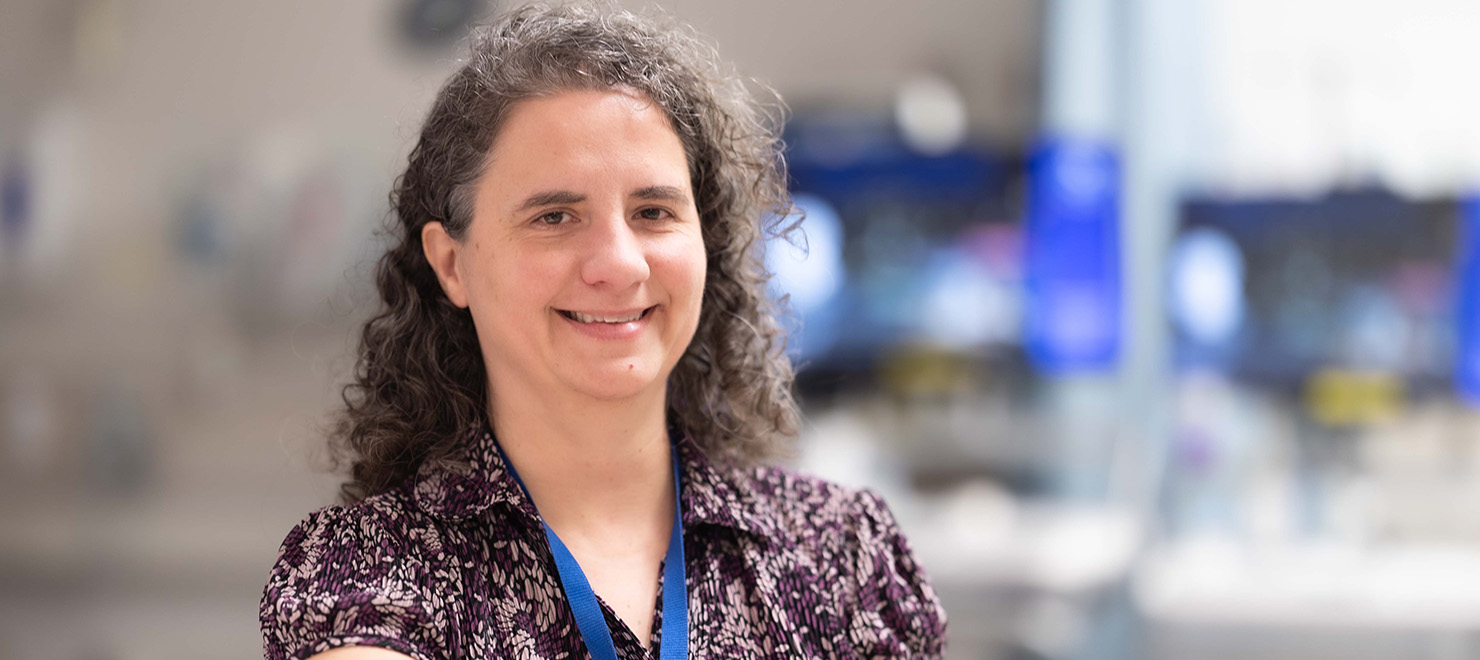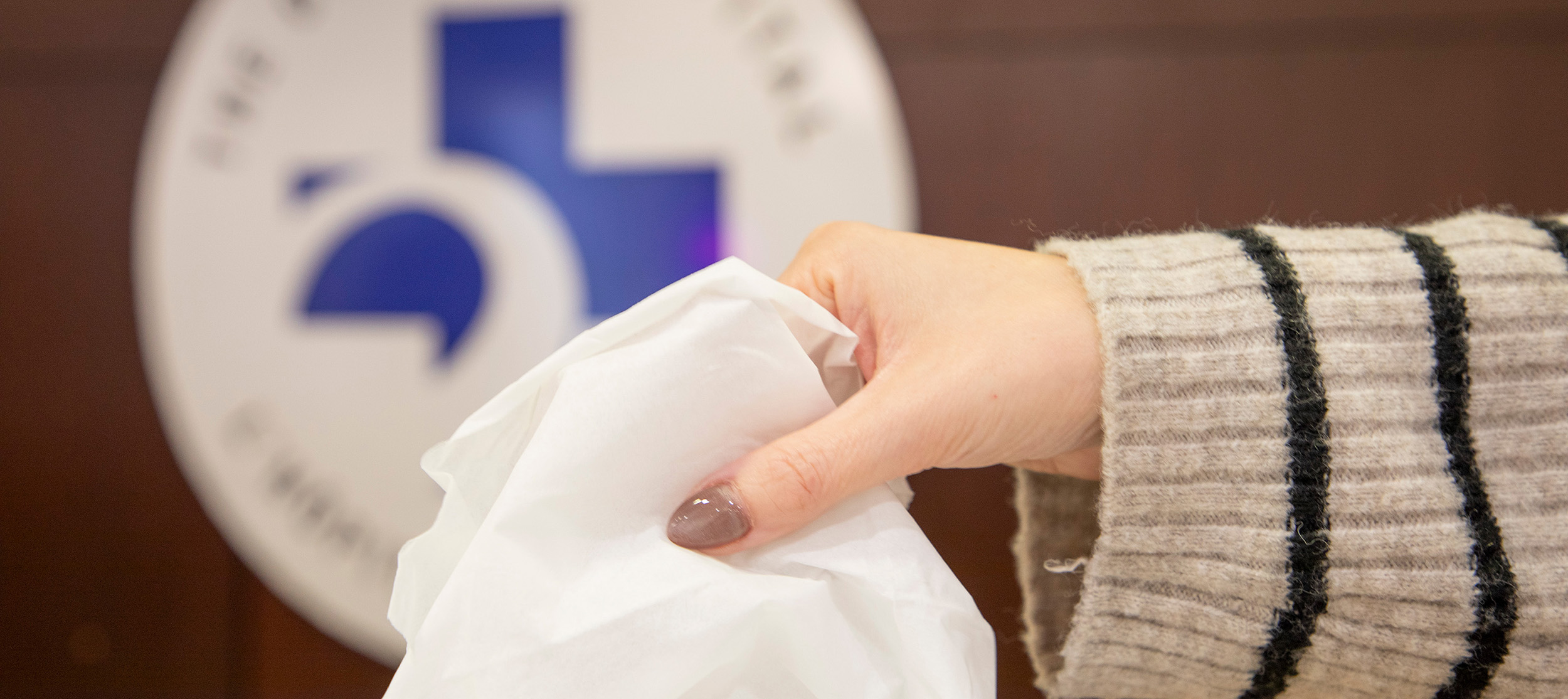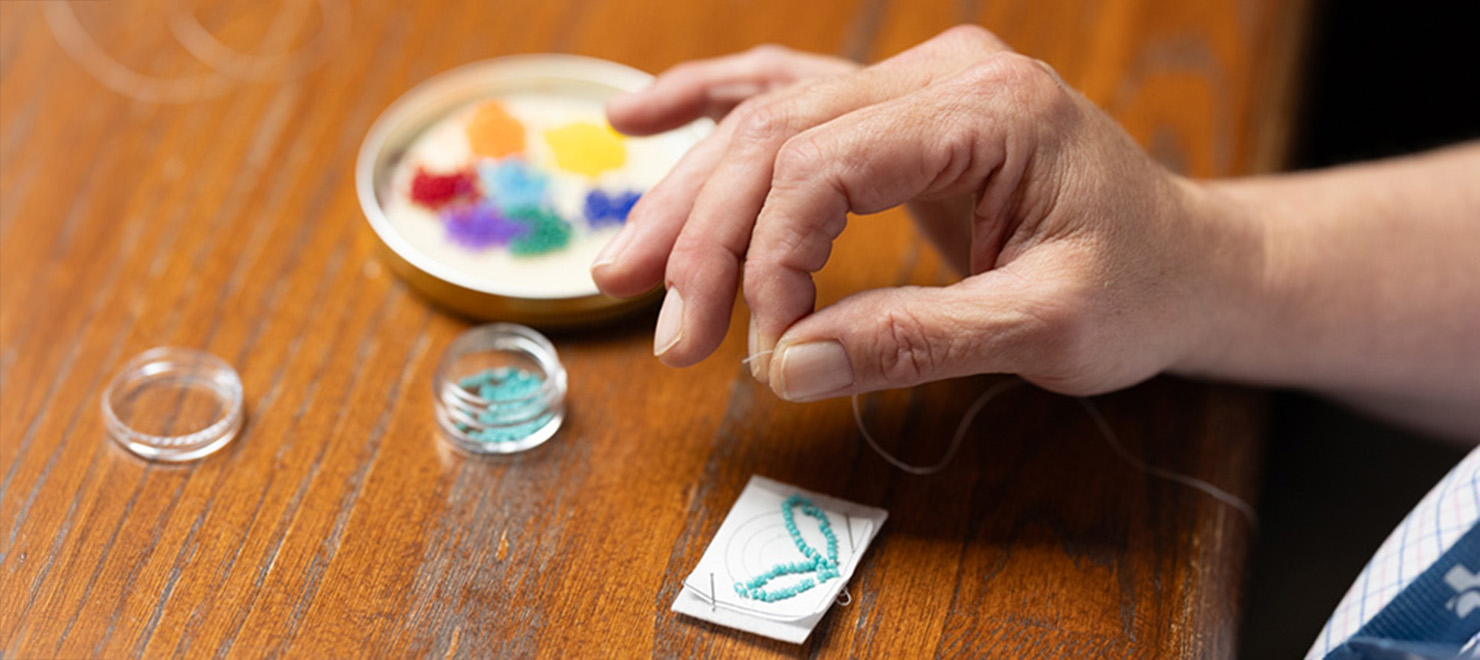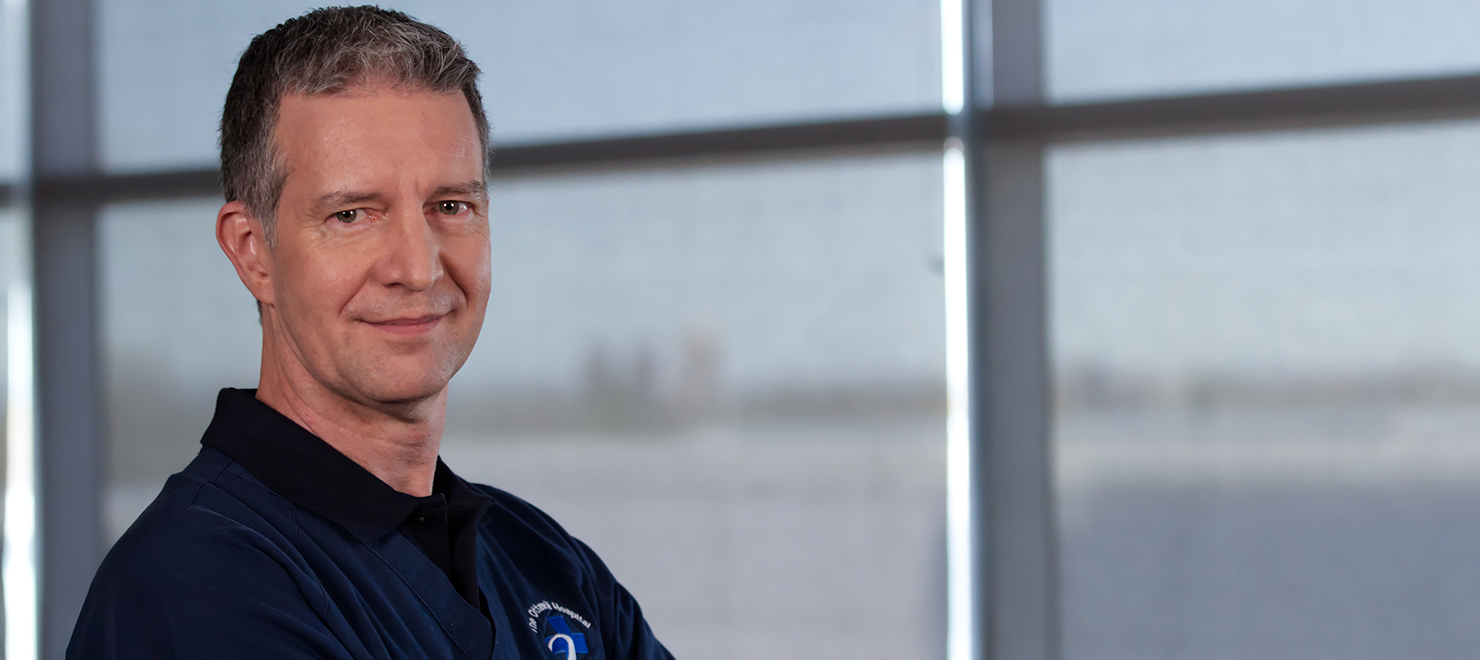
Life is feeling especially uncertain these days. Have you or someone you know asked:
- When will I be able to get the COVID-19 vaccine?
- Will the vaccine help life get back to ‘normal’?
- When will I be able to see my family and friends in person again?
- When will the restrictions be lifted?
- What will life look like after the vaccine rollout?
Uncertainty doesn’t feel good
It is completely natural to want to escape or avoid the discomfort of uncertainty. Some distraction can be helpful (watching a Netflix episode, having one drink, going for a walk to clear your mind, playing a game). But overuse of these strategies and relying on our less-healthy strategies to avoid feelings of uncertainty come at a great cost – they keep us from connecting to who and what matters in our life.
How to deal with uncertainty
Our daily practices can serve to make us more resilient to uncertainty. You wouldn’t expect your car to run on an empty gas tank or bad fuel, would you? The same is true for you! So, what can you do to help ride out the ongoing uncertainty?
Attend to what is within your control
Make a note of the things you can control in your life. For example,
- what time I wake up
- what I eat to nourish myself
- how much time I spend taking in the news
Being intentional about the things you can control will help you feel more empowered and ready to face uncertainty.
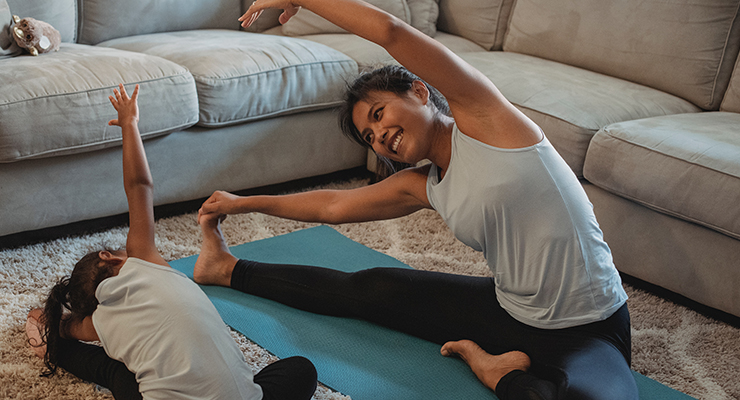
Our daily practices can serve to make us more resilient to uncertainty. You wouldn’t expect a car to run on empty, so make sure to fill yourself up with habits that fuel your day.
Make small but impactful changes
- Start your day with a nourishing routine. Take a walk outside, connect safely with family or friends, enjoy breakfast, meditate, sing, have a shower, do something fun (yes, fun!). Before connecting with the world (and uncertainty), give yourself the fuel you need for the day. If work and family demands make this challenging, consider another time of day or connect a nourishing routine to something that you already do (listen to music as you commute to work, call someone on a walk).
- Set boundaries. Although you may need to pay some attention, you can set boundaries around the time and energy you spend talking about and taking in information about COVID-19 and the vaccine. Notice when taking in information is helpful and when it is not.
- Identify significant stressors within your control. Once you identify them,take a problem-solving approach. For instance, if you miss seeing your friends and family, identify ways that you can connect with them right now.
- Find something to look forward to. Plan things you will do with your family and friends when restrictions are lifted. Having something to look forward to is helpful even when there is no specific date attached.
How to manage uncertainty around things you can’t control
Although there are a few things we can control, there is a lot we can’t. Still there are things you can do to help yourself and others manage uncertainty around things you can’t control
Acknowledge how hard this is
Take note of the difficult thoughts and feelings like “This sucks!” and “I want things to go back to normal” and “I feel worried/scared/lonely/sad/angry.”
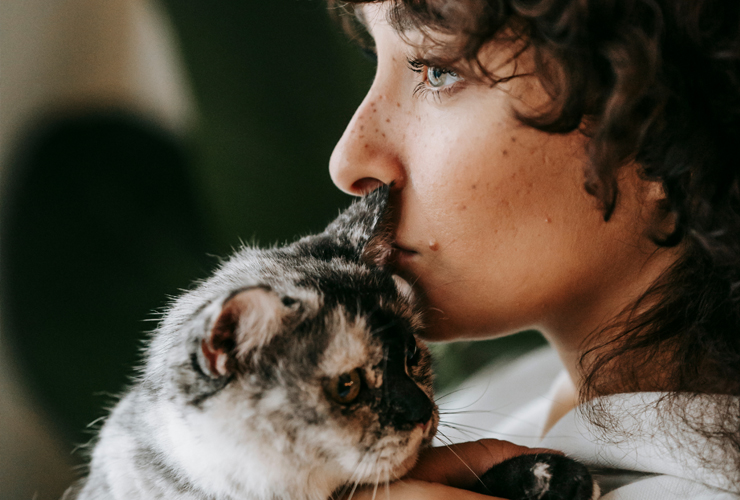
Acknowledging how hard this is can help you and others manage uncertainty around things you can’t control.
Remember that acknowledging thoughts and feelings is not about liking them. It’s just about allowing what is already there to be present. There is nothing unusual or wrong with feeling scared, lonely, etc. Often pushing feelings and thoughts away has the effect of making them feel even bigger. Try for a moment not to think about a blue elephant…
What did I ask you not to think about???
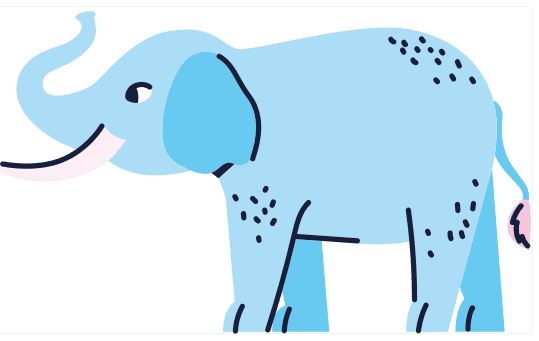
Show kindness and compassion to yourself
We all need a little extra kindness and care these days. If you are like most people, you are likely the hardest on yourself. Here are some ways to show self-compassion.
- Check in with yourself. Asking “what do I need to be well right now?” is one way to show kindness.
- Say something caring to yourself. Words like “this is hard, and I may be patient with myself” can give you comfort.
- Try a caring gesture. Give your hands or shoulders a squeeze. Touch, including giving yourself a hug, is a universal gesture of care.
Self-compassion may not feel comfortable at first. With practice, it will become more comfortable and is truly one of the most powerful ways of dealing with difficult moments.
Find joy
Acknowledging difficult feelings also allows us to experience pleasant ones. Even in—and perhaps especially in—difficult moments of life, there are opportunities for joy. This is not to take away from the considerable challenges of life, but rather to allow joy to exist beside them.
Consider adding this daily reflection
Something that brings me joy is…
…the sun streaming in through my window this morning.
…the smile of a neighbour.
…the sound of the snow crunching beneath my boots.
…the feeling of a hot cup of tea in my hands.
When to ask for support
We all need and can benefit from support. It can be helpful to talk to friends and family. Getting support from a psychologist or therapist can also be useful. There are many different ways to connect with support and you need not wait until a crisis! Learning new strategies can build resilience such that you feel less stressed and overwhelmed.
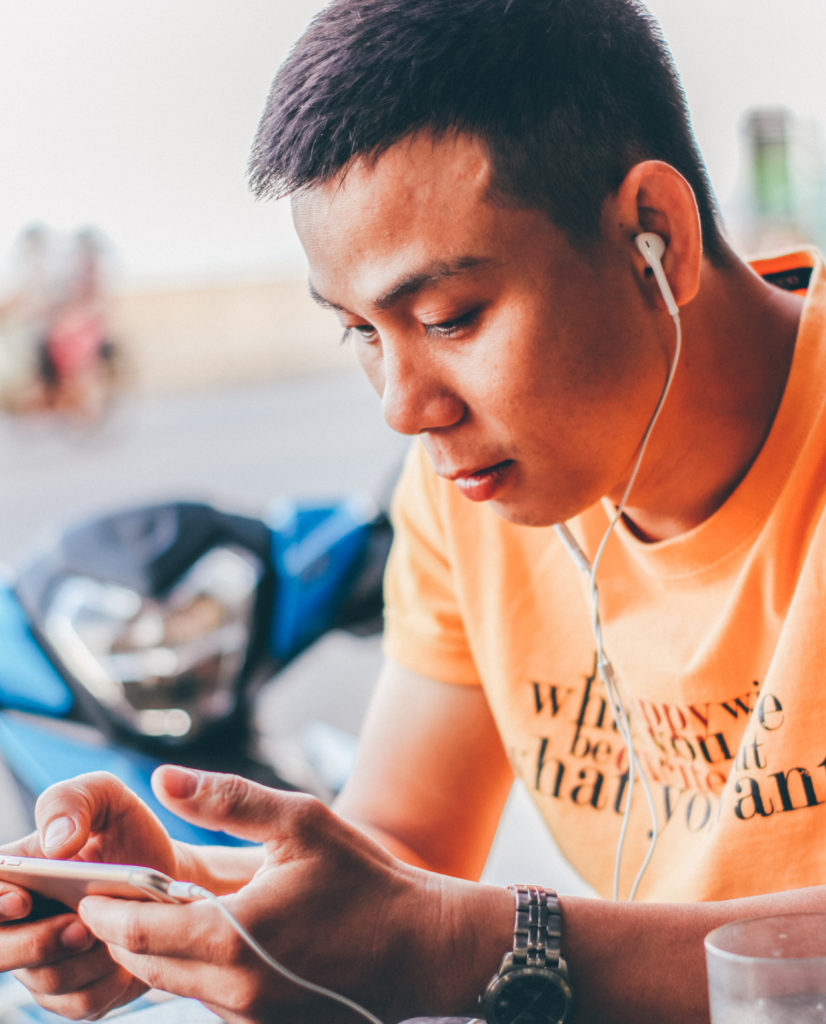
Resources
- In 2019, Dr. Monique Lefebvre from The Ottawa Hospital discussed the topic of uncertainty during times of change as part of Psychology Month.
- Wellness resources: Useful tips from The Ottawa Hospital to support your personal wellbeing, help you manage stress and cope with changes in your environment.
- COVID-19 resources for the public: A collection of resources from the Canadian Psychological Association.
- Find a Psychologist: College of Psychologists of Ontario: An online search engine of psychologists in Ontario. Search by service language, areas of practice, and client population.
- Counselling Connect: Free access to same-day or next-day phone or video counselling sessions. This service is for children, youth, adults and families in Ottawa and the surrounding area. There is no waiting list.
- The Walk-In Counselling Clinic: Free counselling services by trained professional counsellors. No appointment necessary. Appointments are currently by phone or video.
- Bounce Back: A free skill-building program for adults and youth managed by the Canadian Mental Health Association (CMHA).
- Crisis Line of Ottawa : A 24/7 counselling service in French and English for people 16 years old and older. 613-722-6914 (within Ottawa) and 1-866-996-0991 (outside Ottawa).
- Distress Centre of Ottawa: A 24/7 local connection to mental health support and resources, 613-238-3311.
- Kids Help Phone: Canada’s only 24/7 national support service. Offers professional counselling, information and referrals and volunteer-led, text-based support to young people in both English and French. 1-800-668-6868 or Text #686868.
- Parents Lifeline of Eastern Ontario (PLEO): A non-profit family peer support organization for parents whose children to age 25 are facing mental health challenges. 613-321-3211 or 855-775-7005.
- Resources for First Nations, Inuit and Métis Community Members: From Ottawa Public Health.
- Multilingual resources for diverse communities during COVID-19: From Ottawa Public Health.
- COVID-19: support for people: A collection of financial, mental health and other supports available from the Ontario Government.
“Even a happy life cannot be without a measure of darkness, and the word happy would lose its meaning if it were not balanced by sadness. It is far better to take things as they come along with patience and equanimity.”
- Carl Jung

Support patient care and research at
The Ottawa Hospital
You might also like…
Living with chronic pain? This online tool offers help — and hope
The Power Over Pain Portal is a free virtual resource hub designed to help empower youth and adults living with chronic pain through education and peer support.
What to do in an emergency: New first aid video series on YouTube
Would you know what to do if you saw someone experience a stroke, heart attack or opioid overdose? We’ve launched a series of easy-to-follow videos on YouTube that walk you through how to respond to common first aid emergencies.
Flu season 101: A quick guide to keeping the sniffles away
Got two minutes? This short guide could help you make it through flu season without stocking up on tissues.
Bringing communities together, one stitch at a time
In celebration of June being both National Indigenous History Month and Pride Month, The Ottawa Hospital hosted a beading workshop for Indigenous and 2SLGBTQIA+ staff and their allies.
Aging well: Guidance for older adults
In this special video series for both older adults and their loved ones, geriatric care specialists from The Ottawa Hospital offer guidance on navigating common health-care challenges that may arise with aging.
How to stay safe around water this summer
Drowning can happen to anyone — even strong swimmers. Emergency physician Dr. Christian Vaillancourt debunks common myths about drowning, explains how to act quickly to save a life, and shares what you can do to keep yourself and your loved ones safe around water.


 To reset, hold the Ctrl key, then press 0.
To reset, hold the Ctrl key, then press 0.
